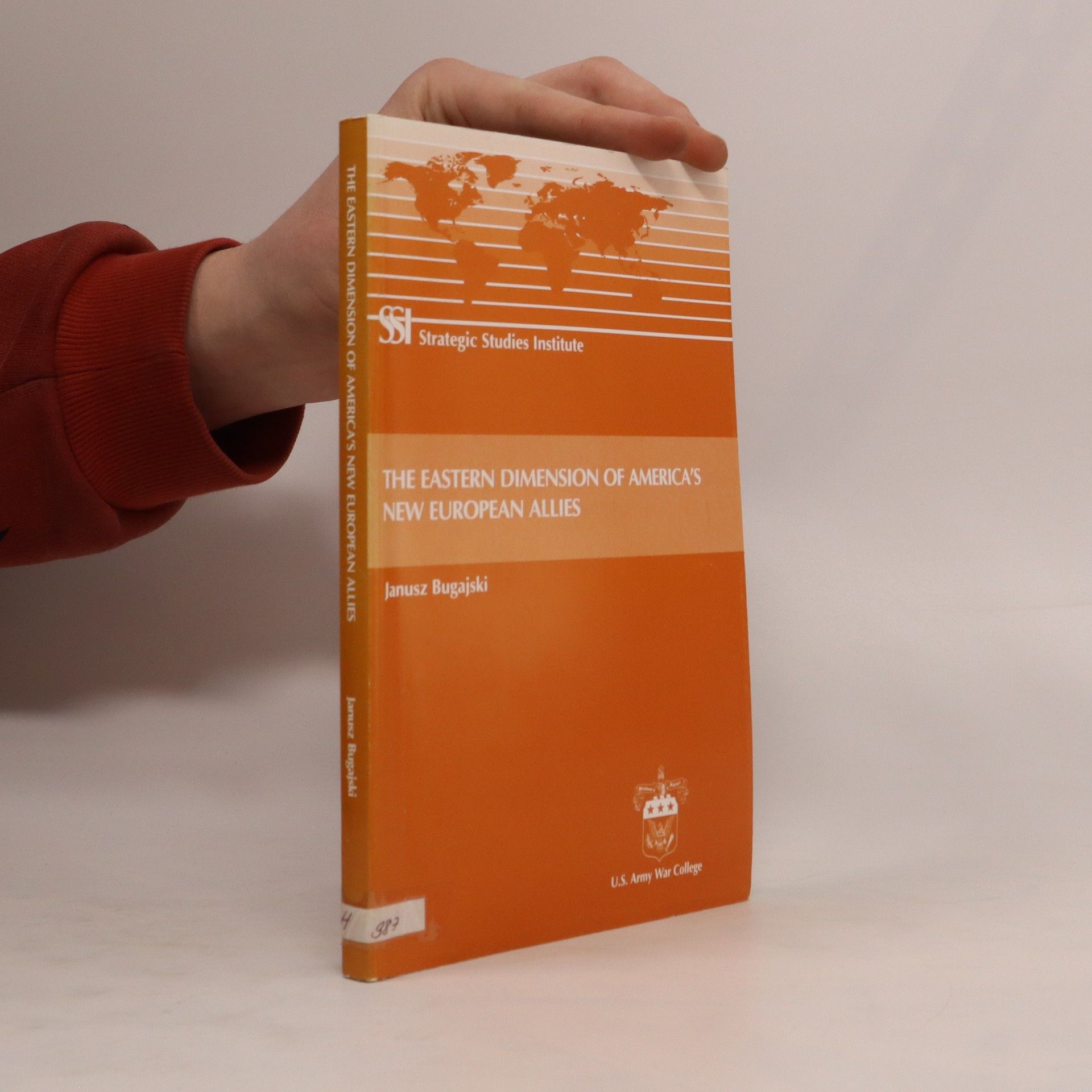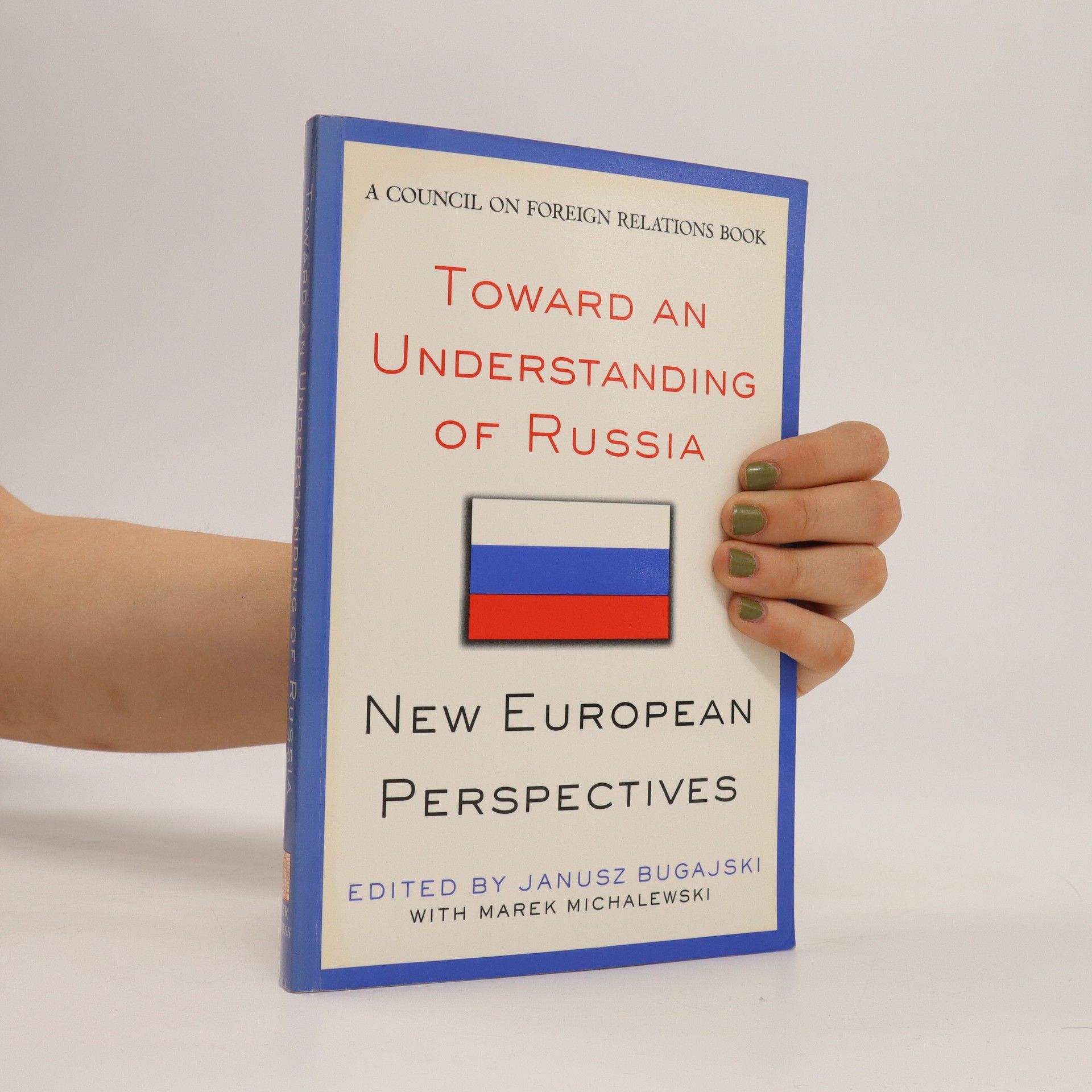Toward an understanding of Russia : new European perspectives
- 220 pages
- 8 hours of reading
If Russia veers toward instability or a more severe dictatorship under President Vladimir Putin, the threat to its neighbours could be severe. Such a scenario would also present serious challenges for European integration and derail the process of rapprochement with the United States. To understand Russia's unsteady evolution, the Council on Foreign Relations organized an innovative international conference with analysts from the new democracies of Central and Eastern Europe.



